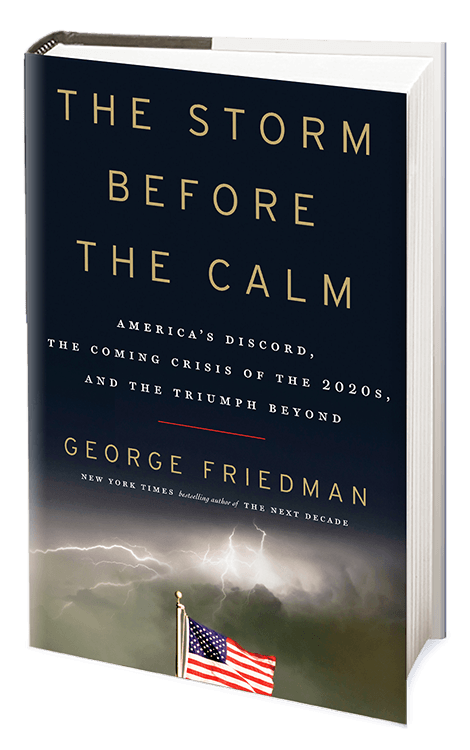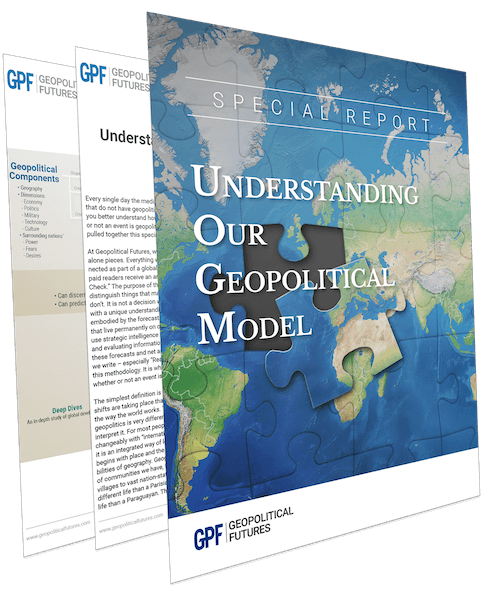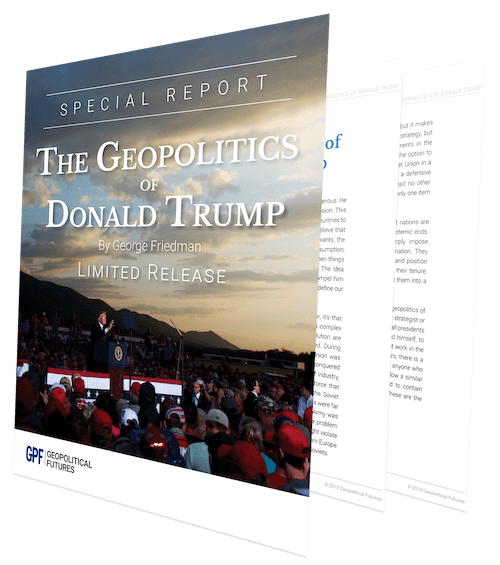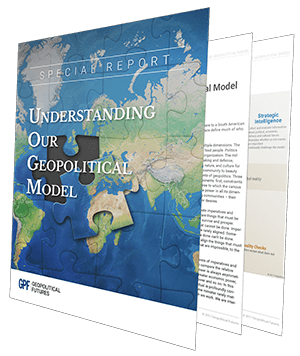France and Poland. French President Emmanuel Macron will fly to Warsaw on Thursday, reportedly to discuss a plan for a possible European postwar peacekeeping mission in Ukraine.
According to a Polish media report, the force could consist of 40,000 troops from multiple countries. This comes after Macron met last week with U.S. President-elect Donald Trump, who has pledged to end the Russia-Ukraine war swiftly and is widely expected to push Europe to accept more of the burden for Kyiv’s defense.
Russia and China. The deputy head of Russia’s Security Council, Dmitry Medvedev,
arrived on Wednesday for a two-day working visit in China, where he will meet with top Chinese officials. This comes after the U.S. deputy defense secretary for the Arctic said last week that Beijing was using its support for Moscow in the Russia-Ukraine war to expand its access to the Arctic – a comment that the official China Daily newspaper called a “baseless allegation” in
an article published on Wednesday.
Avoiding a crisis. Egypt has sought help from Israel to avoid an energy crisis amid delays in the arrival of liquefied natural gas from Western Europe and a slowdown in domestic gas production,
the London-based Al-Araby Al-Jadeed news outlet reported. Egyptian authorities have reportedly asked Israel to supplement the country’s gas supplies and inquired about the purchase of a third reliquefaction station to process the large volumes of gas that Egypt plans to import in the coming years.
Israeli operation in Syria. The Israeli military
announced the completion of the main phase of its operation in Syria following the collapse of the Assad regime last week. About 70-80 percent of the Syrian army's strategic capabilities have been destroyed, according to Israel’s Defense Ministry. About 350 combat aircraft took part in the operation, and ground forces will continue to operate in the border buffer zone.
U.S. in the Middle East. The commander of U.S. Central Command, Gen. Erik Kurilla,
visited Syria and Iraq on Tuesday. In a statement, U.S. CENTCOM said Kurilla witnessed the rapidly evolving situation in Syria and observed efforts to prevent the Islamic State group from taking advantage. In Iraq, he met with Prime Minister Mohammed Shia al-Sudani and other officials to discuss strengthening bilateral cooperation and regional security.
Talks in Tokyo. The United States, Japan and the Philippines
held their first trilateral talks in Tokyo on Tuesday. According to a joint statement, officials discussed deepening coordination on regional maritime issues. This comes after the three countries held joint naval exercises in the South China Sea last week.
Funding defense. The Japanese government is reportedly considering gradual tax hikes starting in 2026 to help cover its planned doubling of the defense budget. The government has already said it will raise revenue by increasing corporate, income and tobacco taxes but has not yet announced a plan.
According to a Kyodo news report, corporate and tobacco taxes will increase beginning in April 2026, while a new income-related tax could be introduced in January 2027.
Milestone. The United States
successfully conducted its first-ever ballistic missile intercept test from Guam. Military officials said it was a milestone in U.S. efforts to “defend against evolving adversary threats.”
Cooperation review. France and Armenia
signed a defense cooperation plan for 2025 during talks attended by top defense officials from both countries. They also reviewed the results of their cooperation throughout 2024. Ties between the two countries have been growing, with France pledging earlier this year to provide Armenia with weapons and other military assistance.
Argentina's economic performance. Argentine President Javier Milei declared the country’s recession over in
a speech marking the one-year anniversary of his inauguration. Milei also said Argentina’s economy “has finally begun to grow,” with annual inflation declining from 211.4 percent in December 2023 to 193 percent in October and a sustained budget surplus for the first time in 123 years.
Targeting migrants. Russia’s State Duma on Tuesday
adopted on the first reading a bill banning children of migrants who have not passed a Russian language test from attending Russian schools. The speaker of the State Duma said 200,000 migrant children were reported as having trouble communicating in school in the last academic year.
 “Who will win the acrimonious 2020 presidential election? Shockingly, it won’t actually matter that much, argues renowned geopolitical forecaster George Friedman. America, he contends, is governed less by leaders and legislation and more by cyclical forces that work deep within the nation’s unique structure.”
“Who will win the acrimonious 2020 presidential election? Shockingly, it won’t actually matter that much, argues renowned geopolitical forecaster George Friedman. America, he contends, is governed less by leaders and legislation and more by cyclical forces that work deep within the nation’s unique structure.”










 Special Collection – The Middle East
Special Collection – The Middle East